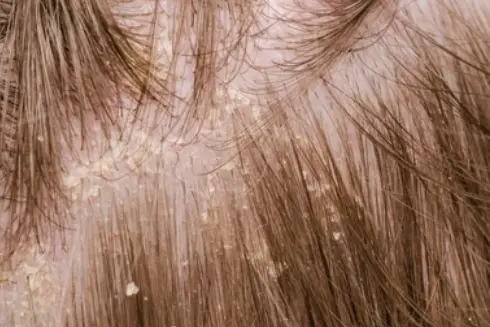 Welcome
Welcome
“May all be happy, may all be healed, may all be at peace and may no one ever suffer."
- A
- B
- C
- D
- E
- F
- G
- H
- I
- J
- K
- L
- M
- N
- O
- P
- Q
- R
- S
- T
- U
- V
- W
- X
- Y
- Z
Trichotillomania - Generics
Trichotillomania (TTM) is a psychological disorder characterized by a recurrent urge to pull out one's own hair, resulting in noticeable hair loss and distress. This disorder is classified as an obsessive-compulsive and related disorder, and it typically begins in childhood or adolescence.
The exact cause of TTM is not fully understood, but it is believed to involve a combination of genetic, environmental, and psychological factors. Individuals with TTM may have a family history of the disorder or other mental health conditions, such as anxiety or depression.
Symptoms of TTM may include an irresistible urge to pull hair from the scalp, eyebrows, eyelashes, or other areas of the body, tension or anxiety before pulling, and a sense of relief or pleasure after pulling. Hair loss can occur in patches, and some individuals may go to great lengths to hide their hair loss or avoid social situations altogether.
Treatment for TTM typically involves a combination of psychotherapy and medication. Cognitive-behavioral therapy (CBT) has been shown to be effective in treating TTM by helping individuals learn new coping skills and strategies to manage the urge to pull hair. Medications, such as selective serotonin reuptake inhibitors (SSRIs), may also be prescribed to help manage anxiety and other symptoms.
Other treatment options for TTM may include habit reversal training, which involves replacing the hair-pulling behavior with a competing behavior, such as clenching the fists or holding a stress ball. In severe cases, hair transplantation surgery may be considered to restore hair growth in areas of significant hair loss.
Prevention of TTM is not always possible, but early intervention and treatment can help manage symptoms and prevent further hair loss. Individuals who experience symptoms of TTM or other mental health concerns should seek the guidance of a mental health professional for appropriate treatment and support.

Seborrheic dermatitis of...

Meningioma

Sore lips

Over-anticoagulation

Duodenitis

Moderate to severe pain

Uncomplicated skin infect...

Abdominal pain
Trichotillomania, ট্রাইকোটিলোমানিয়া
To be happy, beautiful, healthy, wealthy, hale and long-lived stay with DM3S.